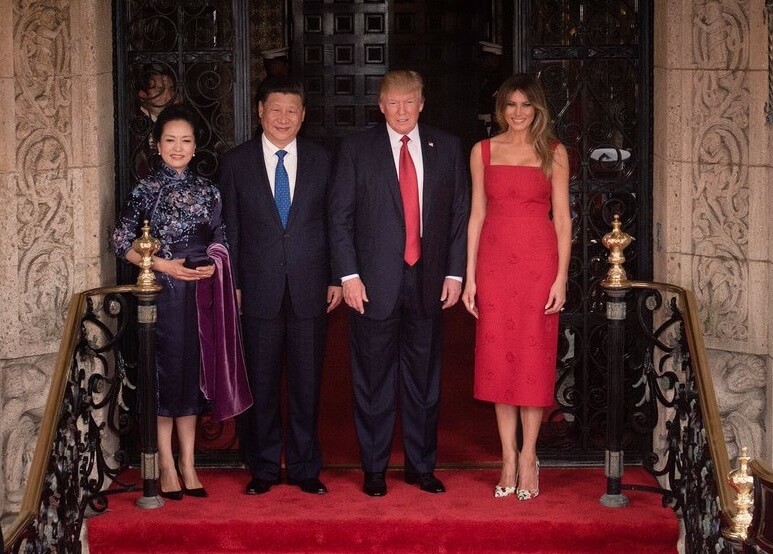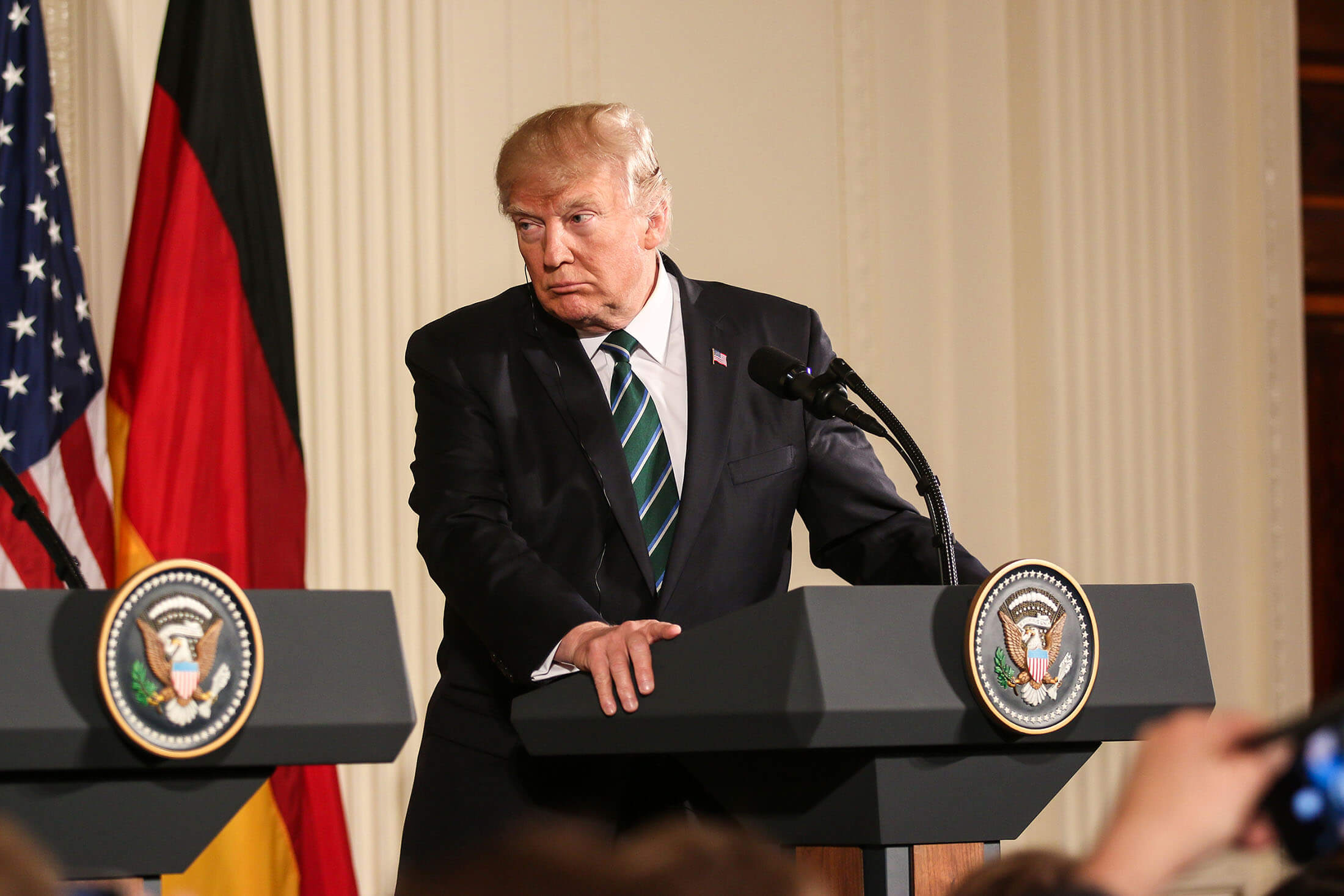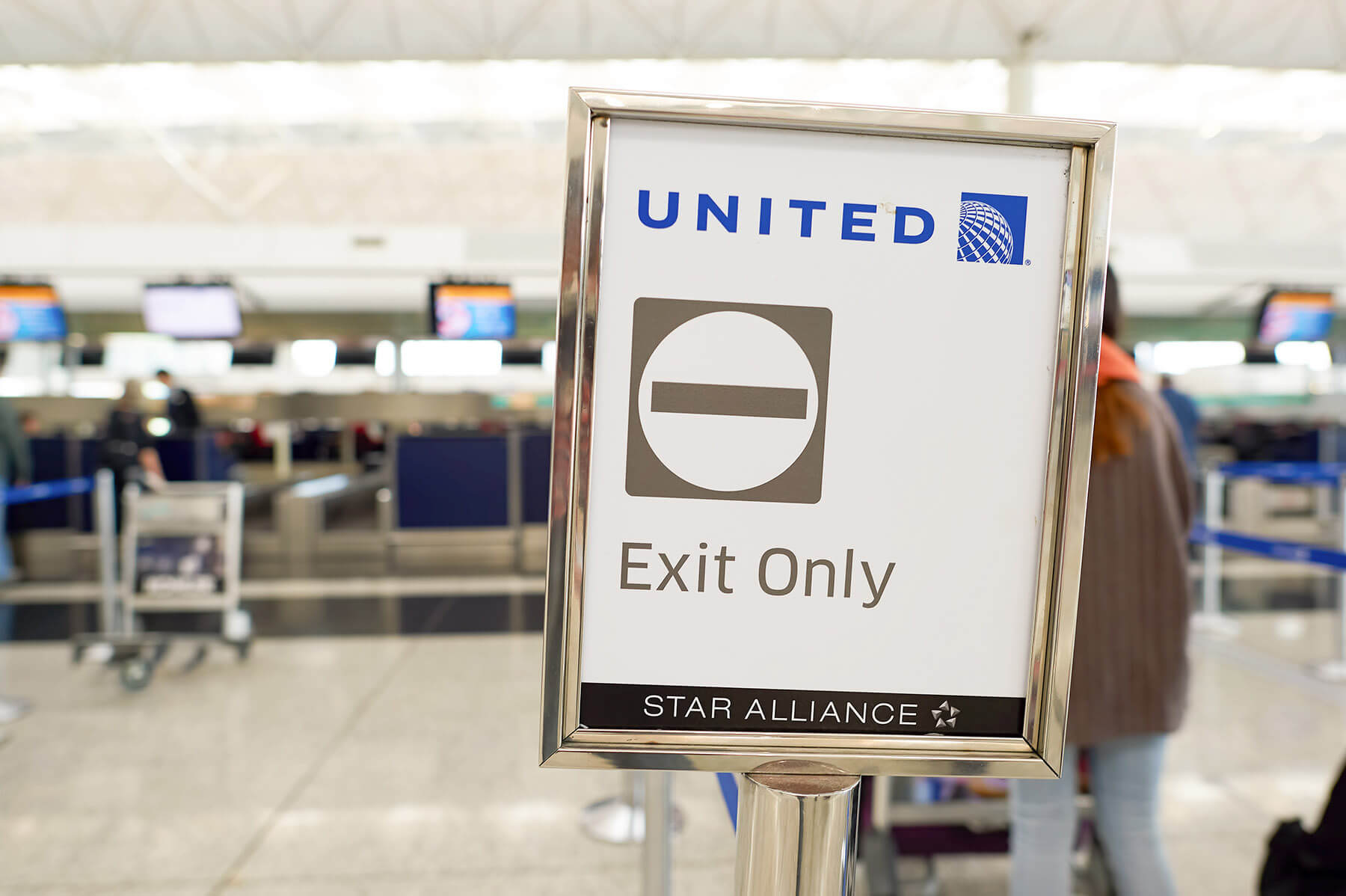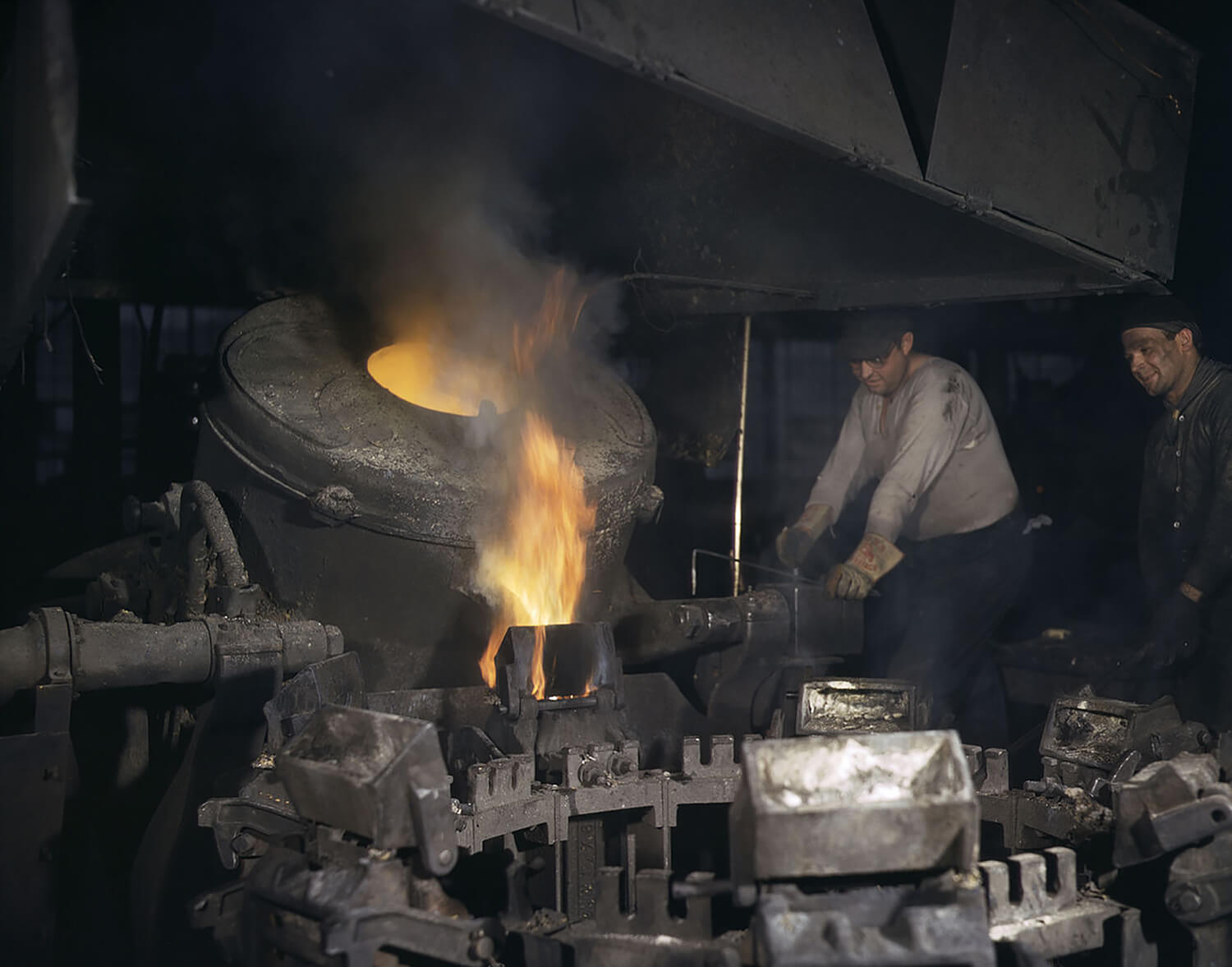The Great Rift Valley extends from Syria down through east Africa to Mozambique. It is a huge depression with volcanic action, lakes and steep-sided gorges. Think of the Grand Canyon and start multiplying.
When contemplating President Donald Trump’s foreign policy, I think of the Great Rift Valley: the largest gash in the Earth’s surface.
The president, in the incoherence of his foreign policy, is creating great gashes between traditional allies that will leave scars down through history. He also appears to be set on empowering our putative enemies, Russia and China.
Many of us White House watchers think it is quite possible that some of those around the president had questionable relations with the Russians both during the campaign and after the election. Their motivation remains unclear. Also unclear is why Trump is so pro-Russian.
Russia’s motivation is known: It wants the United States to lift the sanctions imposed after Russia invaded Crimea and started a surrogate war in eastern Ukraine.
It is also clear that Russia has an interest in destabilizing Europe, whether it is by manipulating its energy supply or interfering in its elections, as it tried to do most recently in France. Russia has a policy and it is hostile to European and North American interests from the Arctic to the Balkan states.
Trump could end the whole Russian business very quickly by finding out — if he doesn’t already know — who in his immediate circle did what, why and when. He could tell us himself of his involvement.
China is another Trumpian riddle. He campaigned against China for job snatching, currency manipulation, the trade deficit and its incursions into the South China Sea.
In a classic East meets West scenario, Trump, the self-styled dealmaker, was going to sit opposite Chinese President Xi Jinping and negotiate. But when they met at the White House, all points of contention evaporated; even freedom-of-navigation operations by U.S. warships in international waters near contested reefs in the South China Sea were curtailed. Either there was no negotiation, or Trump folded.
There is a Potemkin village quality to Trump’s claims to have opened opportunities for U.S. firms in China. China has not abridged its local participation laws, so U.S. companies doing business there still have to have a Chinese partner, which must have equity control. It is a system the Chinese use to steal U.S. expertise and technology. As to Trump’s claim of Chinese currency manipulation, it has disappeared — maybe it was a dubious issue all along.
If all of this is in the hope that China might stop North Korea building nuclear weapons and delivery systems for them. Well, that has been a vain hope of other presidents. China has no interest in curbing Kim Jong-un for its own reasons and because of the leverage, paradoxically, it gives China with the United States.
But what history might judge as the more egregious Trumpian folly in Asia is his abandonment of the Trans-Pacific Partnership, a carefully crafted deal to keep the economies of United States and 11 other Pacific nations growing without China, which would not have been a partner. Now the gap left by the United States is being filled by China, as are other gaps. Europe, deeply disturbed by U.S. softness to Russia, climate change policies, protectionist rhetoric, and vitiation of past practices and agreements, is looking reluctantly to China for stability in a crumbling world order.
The goals of Trump’s foreign policy are obtuse, subject to stimuli known only to him — examples include his unexplained enthusiasm for Saudi Arabia, and his complete hostility to everything done by President Barack Obama, including the Cuba opening. The results, though, are not in doubt: gladness in Moscow and Beijing and sadness and confusion in London, Paris, Berlin and among our friends worldwide.
So far Trump’s exploits are not only capricious, but also very dangerous, slamming those countries that share U.S. values and encouraging those who oppose our interests. These rifts will not heal quickly. Once a nation is labeled untrustworthy, it is distrusted long after the creator of the distrust has left the field. The rifts remain, great gashes in global confidence.








